What can we expect with regard to the impact of trade issues on the EU agri-food sector till the end of the year?
Difficult to say. Let us examine the main building blocks step by step.
- Trade Disputes
The tensions with the US are lingering on, with currently a lull of the sorts between past threats and future milestones.
There are two major potential conflicts that are hanging over transatlantic trade, a key component of our agri-food exports.
First, the threats by the US Administration to tax imports of cars from the EU under the pretext of unfair treatment to US exports and threats to national security.
The US domestic legal cover to act comes through a report from the Department of Commerce that, as expected, finds that car and auto parts imports are a threat to US national security.
Trump has signed a proclamation setting a six-month deadline for the US to reach a deal with the EU (and Japan) to “address the threatened impairment of the national security with respect to imported automobiles and certain automobile parts.” So we will know more by the autumn.
In the meantime the EU has agreed on a negotiation mandate to establish a free trade deal on industrial goods with the US, excluding agriculture.
The US has for the same negotiation a mandate that includes agriculture. The two mandates do not match.
How will this end? By a “trade war”, by an agreement, or by prolonging the current lull?
Partly the outcome seems to depend upon what will happen in the US-China dispute. The US has privileged addressing the Chinese problems first, avoiding to get in trade disputes with the two larger trading blocs at the same time.
Will the US and China eventually find an agreement? If so, when? Difficult to predict. The US has an interest in reaching a deal that would restore agri-food and other exports to China in an election year, on top of intellectual property rights issues and subsidies to state owned companies. But as the dispute with China currently enjoys a strong bipartisan backing, the deal must be substantive. Otherwise for Trump it might be better to keep a strong stance, rather than being portrayed as weak and accommodative.
To this adds the relative economic and related political strength of both countries right now, where the US seems to be on a more favourable position and under less pressure to compromise.
In the event the US and China settle their disputes, will the US turn the screws on the EU? Not as easy as with China, as there is less political support for moving against the EU, and the inevitable cross-retaliations would come right before the 2020 elections. But it is nevertheless a distinct possibility, as the US agri-food sector would have regained access to China and could better weather EU retaliations, minimizing the negative political impact on farm States.
Worth adding that the US is pushing hard to conclude a deal with Japan after the Japanese July elections, which would limit the cars dispute to the EU.
And what about the EU? In my mind there is little doubt that our agri-food exports would be impacted in the event of an escalation of the dispute on cars. Perhaps not in the first round of retaliation, as logically the increased US tariffs would target the EU car and auto-parts exports. But after the US slaps tariffs on our car exports, the EU is obliged to retaliate, and in the likely event that it would pick-up other sectors than US car exports (as the US exports less cars than the EU), the US would counter-retaliate as it did with China. Our agri-food exports would then be a target, starting with GIs in the dairy, wine and meat sectors.
Second, the Boeing-Airbus dispute, where both sides are awaiting a determination from the WTO that should fall before the year’s end on whether and to what extent trade sanctions could be applied.
In the event the US are authorized to apply sanctions, and they could be substantive, our agri-food exports would come high in the list of products to be targeted, as the US complains heavily on being blocked by tariffs and non-tariff barriers from exporting to the EU (hormones, GMOs, GI protection).
Those two lingering trade disputes have thus the potential to disrupt our exports of high added value agri-food products to our by far and large main market.
Their outcome is however uncertain at this juncture, and we’ll have to wait till the autumn to find out how they unfold.
- Brexit
The Brexit saga is far from over. The fact that there is less talk about it does not mean that an outcome is on sight, on the contrary.
Brexit has laminated the two major British political parties in the European Parliament elections. The Prime-Minister has fallen. The choice of a new Prime-Minister will be made by the end of July, and the odds are that this time it will be a Brexiteer.
That does not mean that it will make a solution easier, far from it, but it increases the odds of a no-deal Brexit by the end of October.
Thus the worst possible scenario for our sector has become to a certain degree more likely. Worth reminding that that would have the potential to choke-off our exports to an extent not seen in the past, and inevitably disrupt our domestic markets for key products (meat, dairy, sugar seat on top of the list).
It is also possible that the UK is forced into early elections, and that the EU agrees to extend the deadline for the UK to exit beyond end-October, thus keeping the status quo. We will know more by the autumn.
Conclusion
The sector faces a number of uncertain outcomes, from trade disputes and from Brexit, that have the potential to severely impact our exports and in the case of Brexit also disrupt our main domestic markets.
To these uncertain outcomes adds the continuing Free Trade negotiations with Mercosur, Australia and New Zealand. In all there is a common trait – our imports of agri-food products will raise more than our exports.
In the particular case of New Zealand the potential advantages are difficult to realize as the average New Zealand tariffs are negligible, and negligible will be our benefits. Pragmatism, looking for additional export opportunities in a balanced way, seems to have given ground to free trade ideology.
The current CAP is not equipped to deal with major market shocks, and the proposal by the Commission does not alter that. Only the EP Comagri has put forward amendment proposals that would increase the resilience of the sector.
The Commission is changing in the autumn, when all these threats and uncertainties will be in full display. That could be either an additional challenge, as new teams would have to quickly come to speed and forcefully react; or an opportunity to change course, and concentrate the strength of the CAP on tackling the real problems, increase the resilience of the sector and help him face the future.

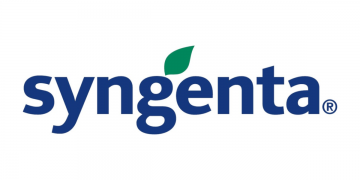




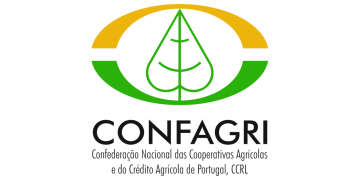

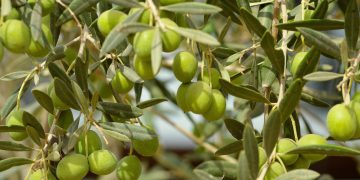
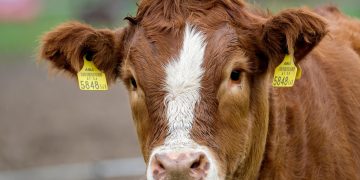














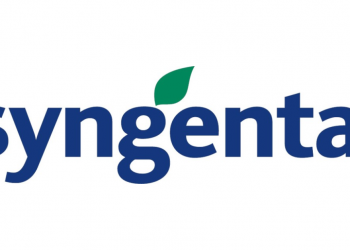






























Discussão sobre este post